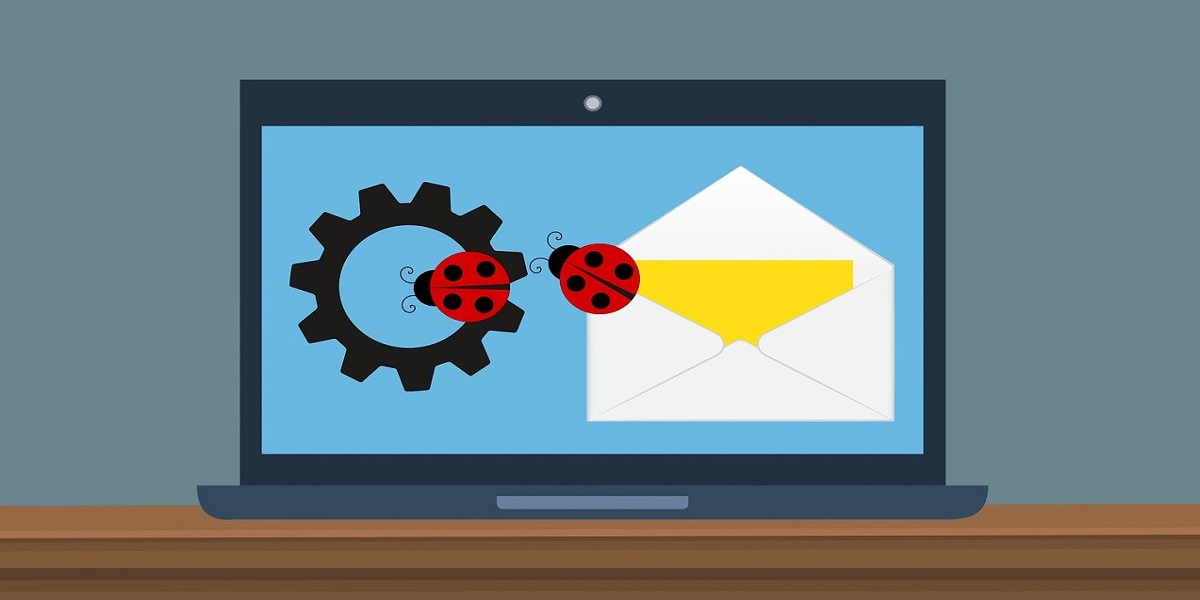Cloud Based Email threats that Businesses can Face

The email has become a virtual communication system for businessmen. By using this communication system, companies have changed their ways of conducting business communications. With the help of emails, they can exchange information. They can remove global barriers. The email has also removed the global barriers for businessmen. The businessmen are also using it for faster communication. If they use email for communication, they will never face the problems of delays in communications. They can also use emails for accessibility and advertising. If you are using emails to get these benefits, you may have to face some cloud-based email threats. Here, we will discuss cloud-based email threats that businesses can face.
Phishing:
It is easy for hackers to carry on phishing campaigns. That’s why you can easily become the victim of this kind of attack by hackers. By using this kind of attack via emails, the hackers try to get access to the credential information. They can attract customers to different attractive offers. Sometimes, they install malware on the devices of the users. These kinds of attacks are increasing day by day for cloud-based emails. Nowadays, attackers are using some social engineering techniques to make these kinds of attacks.
That’s why it is difficult for us to detect and avoid these kinds of attacks. If you want to protect your emails against these attacks, you should ensure real-time protection on your device. You can also use multiple layers of intuitive. Before opening an email from an unknown user, you should try to thoroughly scan all the attachments and links for the malicious code to get rid of email threats.
Spoofing:
Some hackers send spoofing emails to make phishing attacks. For this reason, they falsify the header of an email. By reading the header of this email, you will know that this email is coming from inside the company. The hackers make this attempt to confuse the employees. After confusing the employees, they can get sensitive information from them. In some cases, they can make bank transfers. If you want to save your company from this kind of hacking attack, you should use the due diligence technique. You should try to make sure about the authenticity of the emails before taking a step. The enterprises can provide email security to their employees. After providing email security, the employees will not get these kinds of emails.
Malware:
It is one of the major email threats of cloud-based emails. The businesses will scramble to recover after the malware attacks. According to experts, email is the best place for hackers to hide malware. Its reason is that hackers can easily create a legitimate email. After creating this legitimate email, the hackers can send the malicious attachment to the victims. When victims receive this email, it seems that it comes from a co-worker. That’s why they don’t feel hesitant to open this email. When they open this email, hackers can perform malicious activities on their devices. 1 in 131 emails is infected with malware. The best way to overcome this problem is to train employees. Moreover, companies should also place strong anti-malware and firewall protection.
Ransomware:
It has become one of the widespread email threats for cloud-based emails. With the help of this kind of attack, hackers can easily cripple governments. That’s why it shows dominance in the news headlines. It is one of the most dangerous types of malware. With the help of this malware attack, hackers can block access to the user’s computer. To get access to the computer, the users have to pay the attackers. If they don’t pay to the hackers, the hackers can shake the core of their business. Their business has to face the problem of significant downtime, recovery costs, and loss of critical data. In most cases, ransomware attacks are in the form of phishing emails. To safeguard against this kind of attack, the companies should make effective phishing protection.
DHA (Directory Harvest Attacks):
As told by a dissertation help firm, it is also an essential form of email threats. With the help of this email attack, the hackers try to get access to the email database attached to the company. To perform this kind of attack, hackers use this simple technique. By using this malicious activity, they can easily get access to the personal and commercial information of the users. This thing can also become a cause of massive damage across the enterprise. To protect the email account from any kind of DHA attack, the enterprises should use MPS (Mail Protection Service). MPS will send timely notifications to the technical staff about these kinds of attacks. As a result, they can save their companies from this kind of breach.
BEC (Business Email Compromise):
BEC has also become one of the modern cloud-based email threats for businesses. By using this malicious technique, hackers try to get access to the email accounts of the companies. After getting access to the emails of the companies, they try to send fraudulent emails. They send these emails under the identity of the account owner. After sending emails, they ask the employees to make the transactions. The hackers have generated almost $26 billion by using these kinds of malicious activities. In addition to the loss of money, companies can also face the problem of data theft. To protect your company from this kind of attack, you should use multi-layer protection.
EAC (Email Account Compromise):
While working in a company, you receive emails from different people. After receiving these emails, you will have to respond to these emails. Now, the problem is that you can receive the same emails from hackers. After receiving the emails from the fraudulent, you can make the payments. For example, if a hacker has hacked the email of your client and he sends an email of payment, you can make the payment. The companies should also save their employees from this kind of threat. They can do it by enabling advanced and reliable email security. It is the best way to safeguard their employees against EAC attacks. Companies should take immediate steps against these kinds of cloud-based email threats.
SHARE
Stay in touch
To be updated with all the latest news, offers and special announcements.







